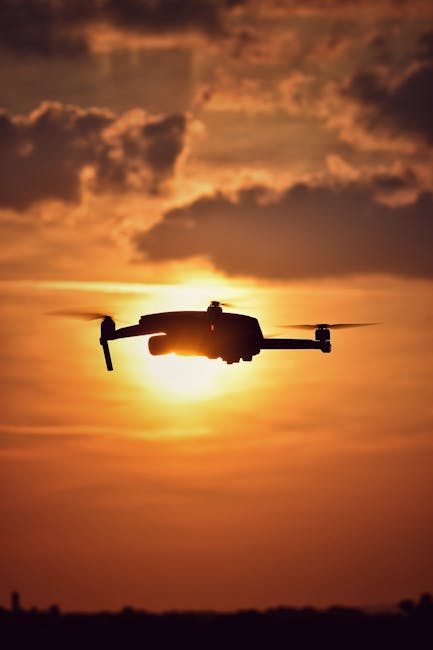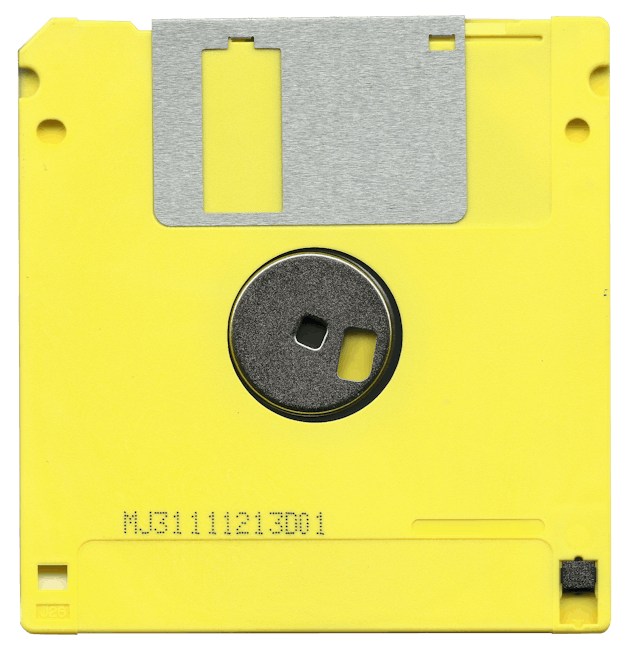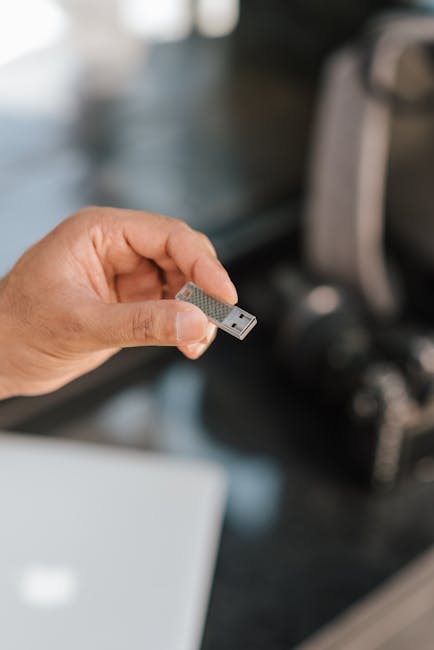Unlock encrypted content
Please enter your SSCE key to initiate on-the-fly decryption.
Decryption key: (Click cancel if you don't have the key)
Copied link to clipboard.
This feature is unavailable for free accounts. Upgrade now and enjoy all Premium benefits.
Go Premium!
This feature is unavailable for free accounts. Upgrade now and enjoy all Premium benefits.
Go Premium!
Please open this page in browser ( Google Chrome or Safari ) to use this feature.
Open In Browser
The Future of Work: Embracing the Power of IoT, Neuralink, Genetic Modification, and Automation
Random related video for this blog.
Copied share link to clipboard.
As we move towards a more connected and automated future, it is crucial to understand the impact of emerging technologies such as the Internet of Things (IoT), Neuralink, genetic modification, and automation. These innovations have the potential to revolutionize the way we work, creating new opportunities while also raising important questions about job displacement and the need for adaptation.
The Internet of Things (IoT): Connecting the World
The Internet of Things (IoT) refers to the network of physical devices, vehicles, appliances, and other objects embedded with sensors, software, and connectivity, enabling them to collect and exchange data. This interconnectedness has the potential to transform various aspects of our lives, including the way we work. In the workplace, IoT devices can enhance productivity, efficiency, and safety. For example, smart sensors can monitor equipment performance in real-time, allowing for predictive maintenance and reducing downtime. IoT-enabled wearables can track employee health and safety, ensuring a safer work environment. Moreover, IoT devices can optimize energy consumption, reducing costs and environmental impact. However, the widespread adoption of IoT also raises concerns about data security and privacy. With an increasing number of devices connected to the internet, the potential for cyber-attacks and data breaches also rises. Therefore, it is essential to implement robust security protocols and encryption measures to safeguard sensitive information.Neuralink: Merging the Human Brain with AI
Neuralink, a neurotechnology company founded by Elon Musk, aims to develop implantable brain-machine interfaces (BMIs) that can enhance human capabilities by merging our brains with artificial intelligence (AI). This groundbreaking technology has the potential to revolutionize the way we learn, work, and interact with the world around us. Imagine a future where individuals can seamlessly communicate with computers or control external devices using their thoughts. This could greatly enhance productivity and accessibility in the workplace. For example,individuals with physical disabilities could regain mobility and independence through the use of Neuralink's BMIs. However, the integration of AI into our brains also raises ethical and privacy concerns. As our thoughts and neural activity become accessible through technology, it becomes crucial to establish clear guidelines and regulations to protect individuals' privacy and ensure the responsible use of this technology.
Genetic Modification: Unlocking Human Potential
Genetic modification, also known as genetic engineering or gene editing, involves altering an organism's DNA to enhance its characteristics or introduce new traits. This technology has the potential to revolutionize various industries, including healthcare, agriculture, and even the workplace. In the context of work, genetic modification can lead to advancements in personalized medicine, allowing for the prevention or treatment of genetic diseases. It can also enhance cognitive abilities and memory retention, potentially leading to improved performance and productivity. Additionally, genetic modification can enable the development of crops with increased yields and resistance to diseases, addressing food security challenges. However, the ethical implications of genetic modification cannot be ignored. Questions about consent, equity, and the potential for unintended consequences arise. It is essential to have robust regulations and oversight to ensure the responsible and ethical use of genetic modification technologies.Automation and Job Displacement: Adapting to a Changing Landscape
Automation, driven by advances in robotics, artificial intelligence, and machine learning, has the potential to transform the workforce significantly. While automation can streamline processes, increase efficiency, and reduce costs, it also raises concerns about job displacement and the need for upskilling and reskilling. Certain tasks that are repetitive or rule-based can be automated, freeing up human workers to focus on more complex and creative tasks. However, this shift also necessitates the development of new skill sets to remain competitive in the job market. Lifelong learning and adaptability will become crucial as automation continues to reshape industries. To mitigate the negative impact of job displacement, governments, organizations, and educational institutions must collaborate to provide training and support for affected workers. Upskilling programs, job transition assistance, and a focus on developing skills that are complementary to automation will be essential in ensuring a smooth transition to the future of work.File Backup: Ensuring Data Security and Accessibility
As technology continues to evolve, the amount of data generated and stored also increases exponentially. File backup solutions play a crucial role in ensuring the security and accessibility of this data. One such solution is FileLu, a cloud storage provider that offers a range of plans to suit different storage needs. FileLu offers premium plans ranging from 256 GB to 500 TB at prices as low as $2.50 per month, as well as free plans from 10 GB to 250 GB. With FileLu, users can enjoy the benefits of large file transfer capabilities, allowing them to send files up to 250 GB in size. This feature is particularly useful for professionals working with large media files or collaborating on projects that require seamless file sharing. Moreover, FileLu offers encryption file sharing, ensuring that sensitive data remains secure during transit. The platform also provides features such as auto camera upload and video sharing, making it convenient for users to back up and share their multimedia files. By utilizing FileLu's services, individuals and businesses can rest assured that their data is protected, accessible, and backed up in a secure cloud environment. Whether it's for personal use or professional collaboration, FileLu offers a reliable and efficient file backup solution.Conclusion
The future of work is undeniably influenced by emerging technologies such as the Internet of Things (IoT), Neuralink, genetic modification, and automation. While these innovations present exciting opportunities for increased productivity, connectivity, and efficiency, they also raise important questions and challenges. As we embrace the power of technology, it is crucial to prioritize ethical considerations, data security, and the well-being of workers. Governments, organizations, and individuals must work together to ensure that the benefits of these technologies are harnessed responsibly and equitably. Adapting to the changing landscape of work requires a mindset of continuous learning and flexibility. Embracing lifelong learning, upskilling, and reskilling will be crucial in navigating the future of work successfully.Frequently Asked Questions (FAQs)
Question: How can the Internet of Things (IoT) enhance workplace safety?Answer:
The Internet of Things (IoT) can enhance workplace safety by enabling real-time monitoring of equipment performance, ensuring timely maintenance and reducing the risk of accidents. IoT-enabled wearables can also track employee health and safety, providing early warnings and preventing potential hazards. Additionally, IoT devices can optimize energy consumption, reducing the risk of fire or other workplace hazards. Question: What are the potential benefits of genetic modification in the workplace?
Answer:
Genetic modification has the potential to enhance cognitive abilities, memory retention, and overall performance in the workplace. It can also lead to advancements in personalized medicine, allowing for the prevention or treatment of genetic diseases. Moreover, genetic modification can improve crop yields and disease resistance, addressing food security challenges. Question: How can automation impact the workforce?
Answer:
Automation can streamline processes, increase efficiency, and reduce costs in the workforce. However, it also raises concerns about job displacement. Certain repetitive or rule-based tasks can be automated, freeing up human workers to focus on more complex and creative tasks. To mitigate the negative impact, upskilling and reskilling programs are crucial to equip workers with the skills needed to stay relevant in a changing job market. For more information about FileLu's file backup services, please visit https://filelu.com.
By Amelia Isabella.
Email: [email protected]
Related
Cutting-Edge Innovations for Seamless File Collaboration and Space Exploration.
June 9, 2023
Read More
Automated File Retention Policies and Drone Technology: Revolutionizing File Management.
June 10, 2023
Read More
The Future of Cloud Storage: Highly Available Infrastructure with Intuitive...
June 10, 2023
Read More
Secure Data Sharing and Collaboration with Biometric Authentication on FileLu...
June 10, 2023
Read More
Revolutionizing Cloud Storage with 5G Technology and User-Friendly Customer Support.
June 10, 2023
Read More
Real-Time File Collaboration and Cloud Storage Provider for Efficient Data...
June 10, 2023
Read More
Popular
Latest
The Future of Digital Transformation: Exploring Smart Homes, Efficient File...
November 30, 2025
Read More
Exploring the Benefits of Cloud Storage and Innovative Technologies in...
November 26, 2025
Read More
The Future of Technology: Exploring Biohacking, Space Tourism, and Digital...
November 23, 2025
Read More
The Future of File Sharing: Streamlined Workflows for Photographers and...
November 19, 2025
Read More
Exploring the Intersection of Technology: From Cybersecurity to Augmented Reality...
November 16, 2025
Read More
The Future of File Management: Embracing Edge Computing and Efficient...
November 12, 2025
Read More
The Future of File Sharing: Exploring User-Friendly Solutions and Data...
November 5, 2025
Read More
The Future of Cloud Storage: How FileLu Empowers Creative Professionals...
November 2, 2025
Read More
The Future of Autonomous Technologies: Innovations in Robotics, File Sharing,...
October 29, 2025
Read More
Emerging Technologies Revolutionizing File Management: From Li-Fi to Robust Collaboration...
October 26, 2025
Read More
Emerging Technologies: Exploring the Impact of File Access Auditing, Genetic...
October 19, 2025
Read More
The Future of Data Storage: Exploring Advanced Encryption, Mobile Integration,...
October 5, 2025
Read More
Exploring the Future of Data Management: Security, Efficiency, and Cognitive...
September 28, 2025
Read More
Revolutionizing Data Management: Innovations in Storage, Security, and Sustainable Technology.
September 24, 2025
Read More




















